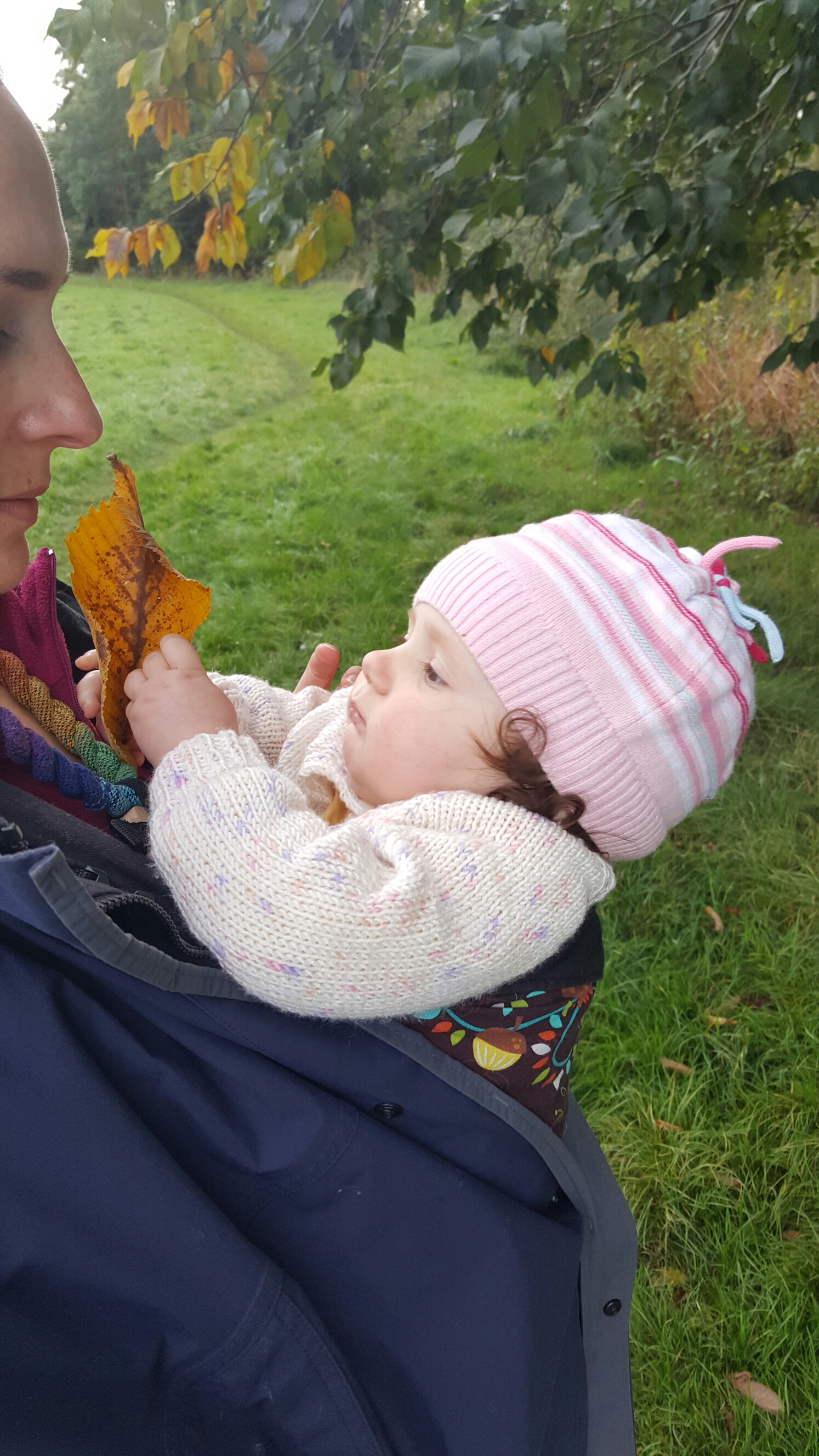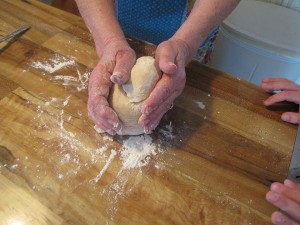Most people think of holiday as fun, and learning as, well, not always so much fun. It is often children’s (and adults’) perception of learning as boring and dull, that serves as the limiting factor to many aspects of their cognitive and educational development.
Learning can be fun however, honestly! In fact, mainstream education is often criticised (by me anyway) for lacking the ability to teach children practical, hands-on skills. In addition important real world skills such as finance, social & emotional intelligence are absent from the school curriculum.
Family holidays can be a tremendous opportunity to develop social and academic skills.
Culture
One of the most obvious, yet arguably important things to learn on holiday, is an appreciation of local cultures. Children become intrigued by differences, things that they haven’t encountered before. This is an important way for them to make sense of the world around them.
Children can be introduced to different cultures by celebrating cultural events and/or learning about them in books. This can be taken a step further on holiday – by celebrating a significant national event, within a given nation. More obvious examples of these being Chinese New Year – in China, and the Hindu festival of Diwali – in India or an Indian community.
Often overlooked is the importance of teaching British children about the culture, history and diversity of the UK. With a number of fantastic museums dotted around the country, teaching children about important elements of British history is relatively straight forward. From the Pitt Rivers Museum in Oxford, to the National Museum of Scotland in Edinburgh, there is a World-class museum that’s great for families in most major UK cities.
You can find a list of free family museums here. Of course, to explore the true culture of the UK, it’s best to do as much as possible, in as many UK towns and cities as possible. What better, than a first hand experience of hearing the diverse range of accents, the inevitable queuing at popular attractions and traditional and local foods such as oatcakes in Stoke and haggis in Scotland.

Nature
learning about animals in books is great. However, nothing beats first hand experience. Even if you don’t see some of the UK’s rarest animals (like adders, minks etc), every woodland and beach is an educational playground just waiting to be explored. Being ‘in nature’ has a multitude of psychological benefits, being by the sea has arguably even more mental-health benefits, with multiple studies demonstrating that the negative hydrogen ions found in sea air, improve our mood by balancing serotonin levels.
Whilst most adults will benefit from the restorative power of nature and the sea, children can learn a huge amount too. In fact, if you want to get the most out of family holidays to beaches and woodlands, there are specific qualifications and teaching courses designed for teachers and volunteers. Click here to see the Beach Schools course and here to see one of the Forest Schools qualifications.
However, a teaching course is a bonus, rather than a necessity. Spending time as a family, learning practical skills and an appreciation for nature and conservation, are all important for a child’s social and psychological development. In addition, being ‘in nature’ has been shown to reduce stress in children, as well as in adults. You can see a study and report about the reduced stress level in children here.
Due to a growing demand, there are more holiday parks being developed in woodlands, and of course, on the British coastline. Darwin Escapes for example, have recently developed parks in Keswick and Cheddar. If you live across the pond, there are an embarrassing number of holiday lodges and cabins available – check out the website HomeAway.com for a quick overview.
Some things that you can teach children at the beach or in the woods include:
– Safety and risk
– How to have fun for free (a walk in the woods costs nothing)
– Names & types of trees
– Names & types of other plants & foliage
– Animals found in the forest
– Environmental / Conservation awareness
– Jobs available in forestry & related industries
– Bushcraft (building dens for example)
– Exploring rock pools
– How the beach changes depending on the time of day
– Sensory development – e.g. sound of the sea & touch of the sand
– Which animals belong to which shells on the beach
A holiday in nature of course, can also provide a great opportunity for adults to learn new skills and knowledge too!

Food & Cooking
You can teach children about food and cooking anywhere, of course. However, local food is best enjoyed in the given local area “when in Rome Rodney”. For example, whilst on holiday in the UK, you can enjoy a Hog’s pudding in Cornwall, some rag pudding in Oldham and jellied eels in the East End of London. Well, maybe not jellied eels…
Cooking is a hugely undervalued yet crucial skill that has been lost, to a certain extent on recent generations – partly thanks to convenience foods and pre-packaged meals, partly due to the time-constraints related to modern living. Try buying ingredients and recreating some of these culinary ‘treats’ when you arrive home. Remember cooking should be fun for children (and preferably for adults!), so don’t stress about the end result…

For more information about teaching children to cook, see this guide on the BBC website.
You can move this up a proverbial notch by growing your own ingredients too. Something we’ll discuss in a future blog post no doubt. In the meantime this website might give you some ideas.